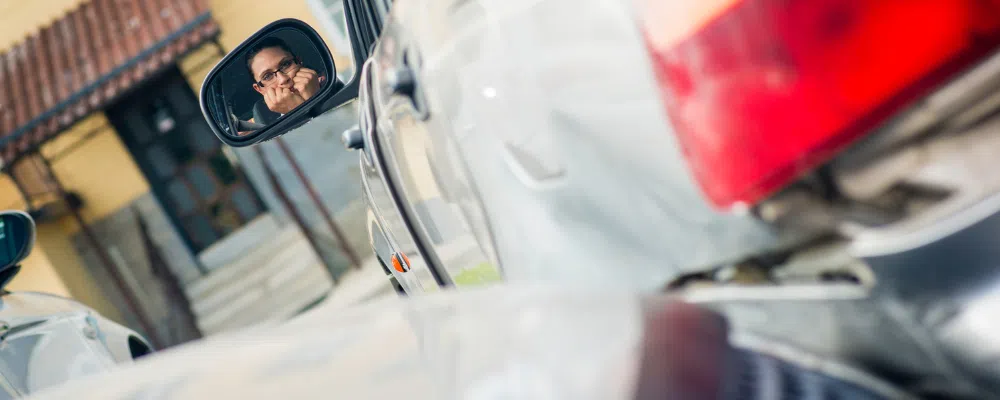Many people think of fender benders or parking lot accidents as not being a big deal. However, these incidents can lead to both injuries and property damage. Being involved in any kind of car accident in Florida can be stressful, and you need to know what to do when they happen.
You have responsibilities in the aftermath of a crash, and it is essential you comply with the law so you can avoid legal troubles. Just as importantly, you want to ensure you are able to get the compensation you deserve for any injury or property damage expenses you incur.
Florida is a Busy Place
Anyone who drives in Florida knows this can be a crowded place year-round. We are a tourist destination. Locals and visitors alike have to share the roadways and parking lots. Many out-of-state drivers are unfamiliar with our roads, so accidents happen. The Florida Department of Highway Safety and Motor Vehicles tells us that there were over 400,000 total crashes during the latest reporting year. Out of those, there were over 254,000 injuries. Over 232,000 of these crashes were property damage only.
Minor vehicles accidents happen every day, and most often only result in property damage. However, we know how important your vehicle is to your everyday life, and they can be expensive to fix. Some of the most common minor vehicle accidents causes include:
- Backing into a parked car
- Vehicles failing to slow down when your brake
- Sliding on wet roads and running into parked vehicles
- Turning on a yellow light when there is not enough room to turn successfully
- Misjudging the distance between vehicles in a parking lot
What Are Your Responsibilities?
You need to make sure nobody is hurt first. Some car accident injuries are subtle, and you may not know you are injured until hours or days later. For any car accident injuries, seek medical attention as soon as you know about them.
The law outlines our obligations when it comes to car accidents and makes no distinction between severities. When you are in a crash, you must stop your vehicle and stay in the scene. If you can do so safely, pull your vehicle out of traffic. You must make sure the police know about the accident, and it is in your best interest to ensure they come to the scene to fill out an official accident report. Find out how to obtain a copy of this report.
- Not reporting an accident in Florida is a crime that could lead to jail time and fines.
- The only time you have the option not to make a report is if the damage involves only you and your property. As soon as there is another person’s property involved or someone else is hurt, you must report the incident.
- Document everything with a camera. Most phones have cameras now, so take pictures of the whole scene, including any damage to all vehicles, what caused the accident, and the surroundings.
Having this evidence and an official police report protects you from the other side saying there was more damage later and hitting you or your insurance company up for more money than they deserve. Since Florida is a no-fault state, most drivers have a minimum of $10,000 in personal injury protection and $10,000 in property damage liability. Each driver will file Florida personal injury claims with their own insurance providers. For property damage, a claim will be made to the at-fault driver’s insurance company.













